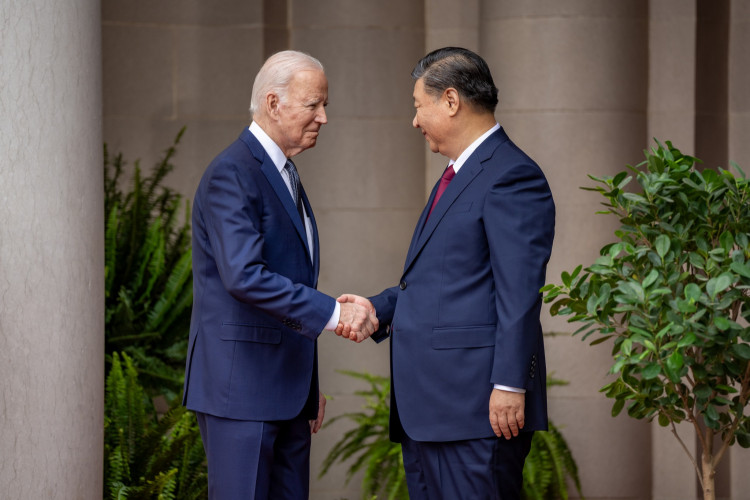President Joe Biden's recent characterization of Chinese President Xi Jinping as a dictator has stirred diplomatic tensions, casting a shadow over the potential thaw in US-China relations following their recent summit. Speaking to CNN reporters, Biden reaffirmed his stance, describing Xi as a leader of a Communist regime fundamentally different from the United States.
This isn't the first instance of Biden using such terminology for Xi. Earlier in June, during a fundraiser in California, he made similar remarks, which coincided with Secretary of State Antony Blinken's meeting with the Chinese leader. Biden's comments then were linked to an incident involving a Chinese spy balloon, shot down by a US fighter jet, which Biden claimed was unknown to Xi, calling it an "embarrassment for dictators."
Beijing's reaction to Biden's latest remarks has been one of displeasure, viewing them as a serious affront to China's political dignity. These statements come at a sensitive time when US-China relations are already strained. The bilateral dynamics have been tense since Donald Trump's presidency, marked by his threats to label China as a currency manipulator and his controversial communication with Taiwanese President Tsai Ing-wen before officially assuming office. China, which regards Taiwan as a renegade province, strongly opposes independent diplomatic engagements of the island with major nations.
The expectation that the recent summit outside San Francisco, attended by Biden and Xi, would ease these tensions now seems uncertain. During a post-summit news conference, Biden expressed a cautious approach towards China, quoting "Trust but verify," while acknowledging the discussions with Xi as productive. This dual approach reflects the complex nature of the US-China relationship, where cooperation and competition often coexist.
Biden's remarks and the ensuing reaction from Beijing underscore the delicate balance that characterizes the interactions between these two global powers. While there is a clear acknowledgment of the need for productive dialogue, underlying differences in governance and international policy continue to be sources of friction. The unfolding response from China to Biden's latest comments will be a critical indicator of the trajectory of this pivotal bilateral relationship in the coming months.





